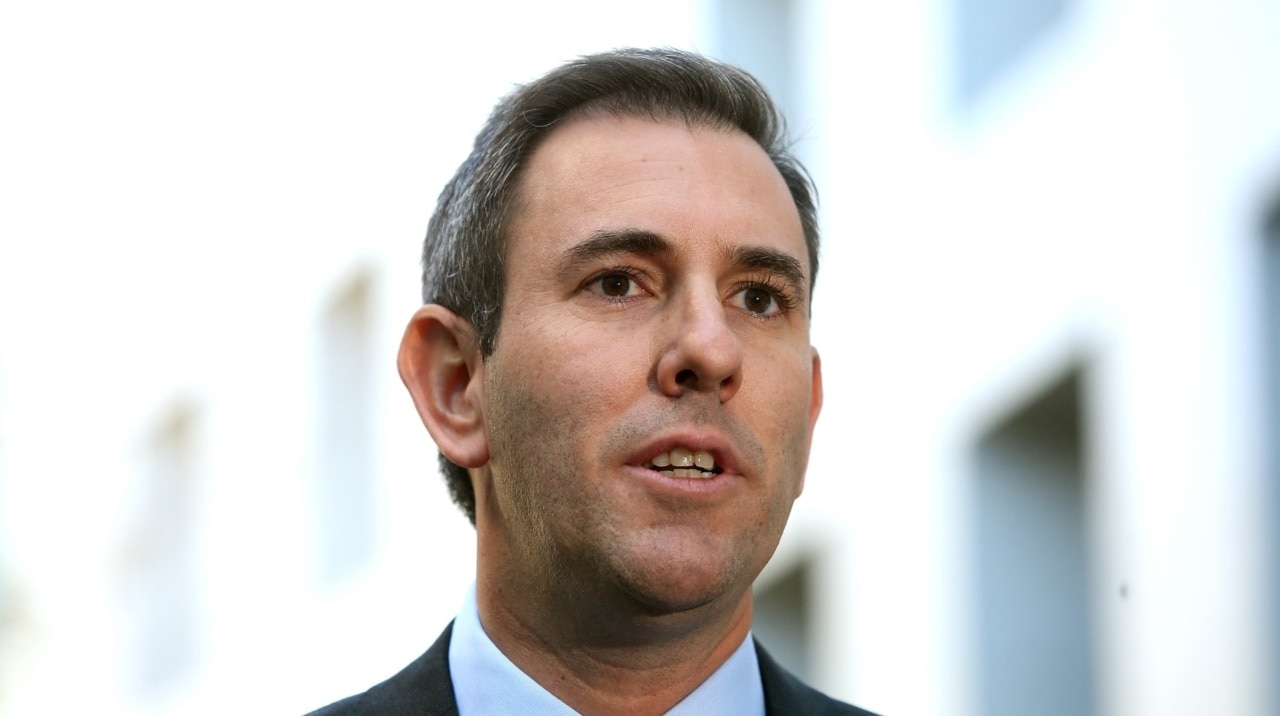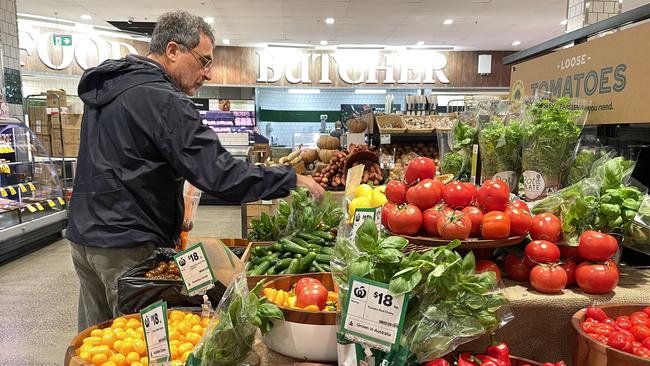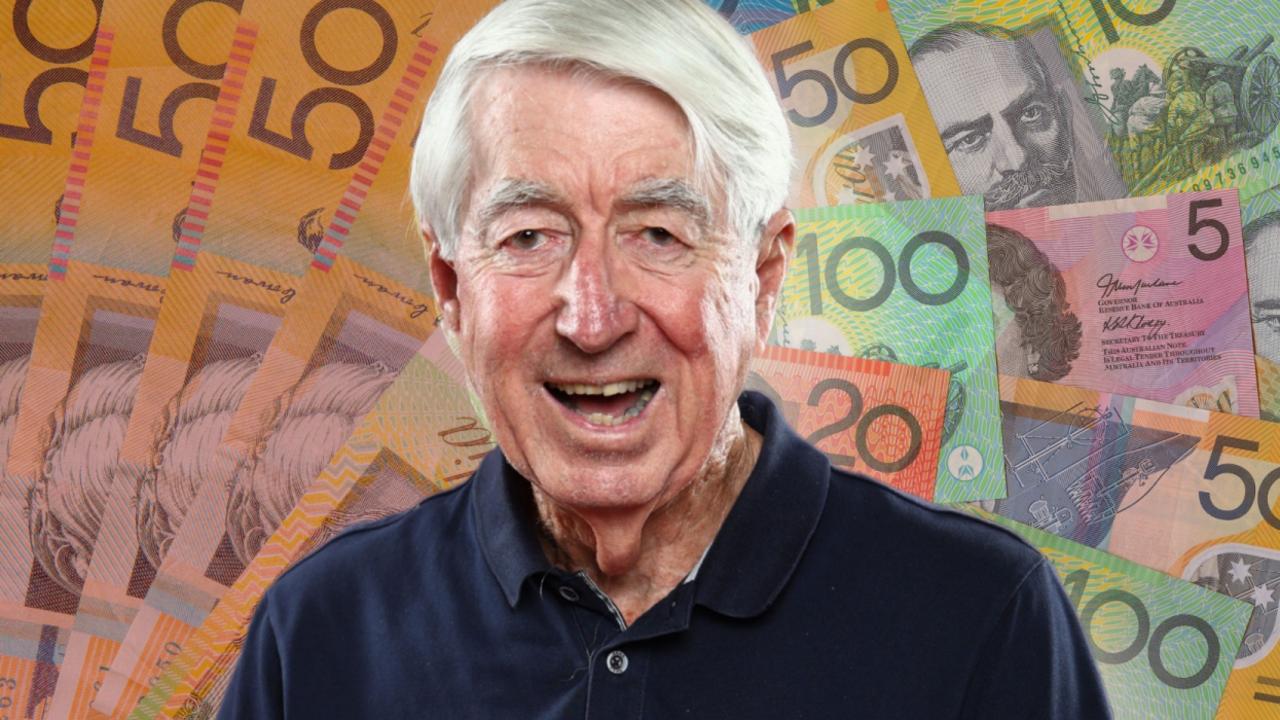Interest rates and inflation: RBA tipped to go harder on cash rate after CPI surprises at 7.3 per cent
Top economists now say the Reserve Bank will make an additional interest rate increase this year after the official inflation rate came in higher than expected on Wednesday. Find out what it means for you.

NSW
Don't miss out on the headlines from NSW. Followed categories will be added to My News.
Leading economists at CBA and ANZ have revised up their interest rate forecasts after the nation’s official inflation rate surged by more than expected — to 7.3 per cent.
The consumer price index (CPI) for the year to the end of September, released by the Australian Bureau of Statistics on Wednesday, showed housing and food costs were the biggest contributors to the overall jump.
Westpac economists’ analysis of the CPI found a 25 per cent increase in Sydney electricity prices.
The new CPI reading was 1.2 percentage points higher than the level for the year through June.
The Reserve Bank of Australia and federal Treasury both anticipate inflation will reach 7.75 per cent in the next quarterly CPI report.
In a bid to temper the inflation rate, the RBA has raised interest rates for an unprecedented six months in a row.

Prior to the release of the new CPI data, there was a widespread expectation that the RBA would again raise in November. But not in December.
That’s now changed.
In a note on the CPI result, CBA economist Gareth Aird told clients: “We now incorporate our risk scenario into our base case for the RBA Board meeting in December. That is, we now anticipate a further 25 basis point rate hike at the December Board meeting, which would take the cash rate to 3.10 per cent.”
Mr Aird does not see any further increases after that.
Meanwhile ANZ Bank’s economics team told their clients they had “upgraded our RBA cash rate forecasts on the back of the upside surprise in the (latest) CPI data, adding a 25bp hike in December.”
ANZ forecasts a higher peak in the cash rate, being 3.85 per cent.
At the start of May, the cash rate was 0.1 per cent.
Increasing borrowing costs sucks money out of the economy, reducing demand and some upwards price pressure.
Prices are being driven higher by surging global energy costs mainly due to the war in Ukraine, as well as by supply shortages as China applies Covid lockdowns.
Flooding in Australia is also pushing costs up.
ANZ’s economists said “we see higher inflation extending into 2023 due to both the stronger (new CPI) data and the upside risks ahead given continuing cost pass-through, flooding, lower Australian dollar and evidence of persistence in inflationary pressures globally.”
Tuesday’s federal budget also warned that inflation would be higher for longer.
Futures market betting indicates a rate increase in November is now a 99 per cent likelihood. Before the fresh inflation data, it was rated a 91 per cent chance.
Odds for a December increase also shortened considerably.
Originally published as Interest rates and inflation: RBA tipped to go harder on cash rate after CPI surprises at 7.3 per cent





